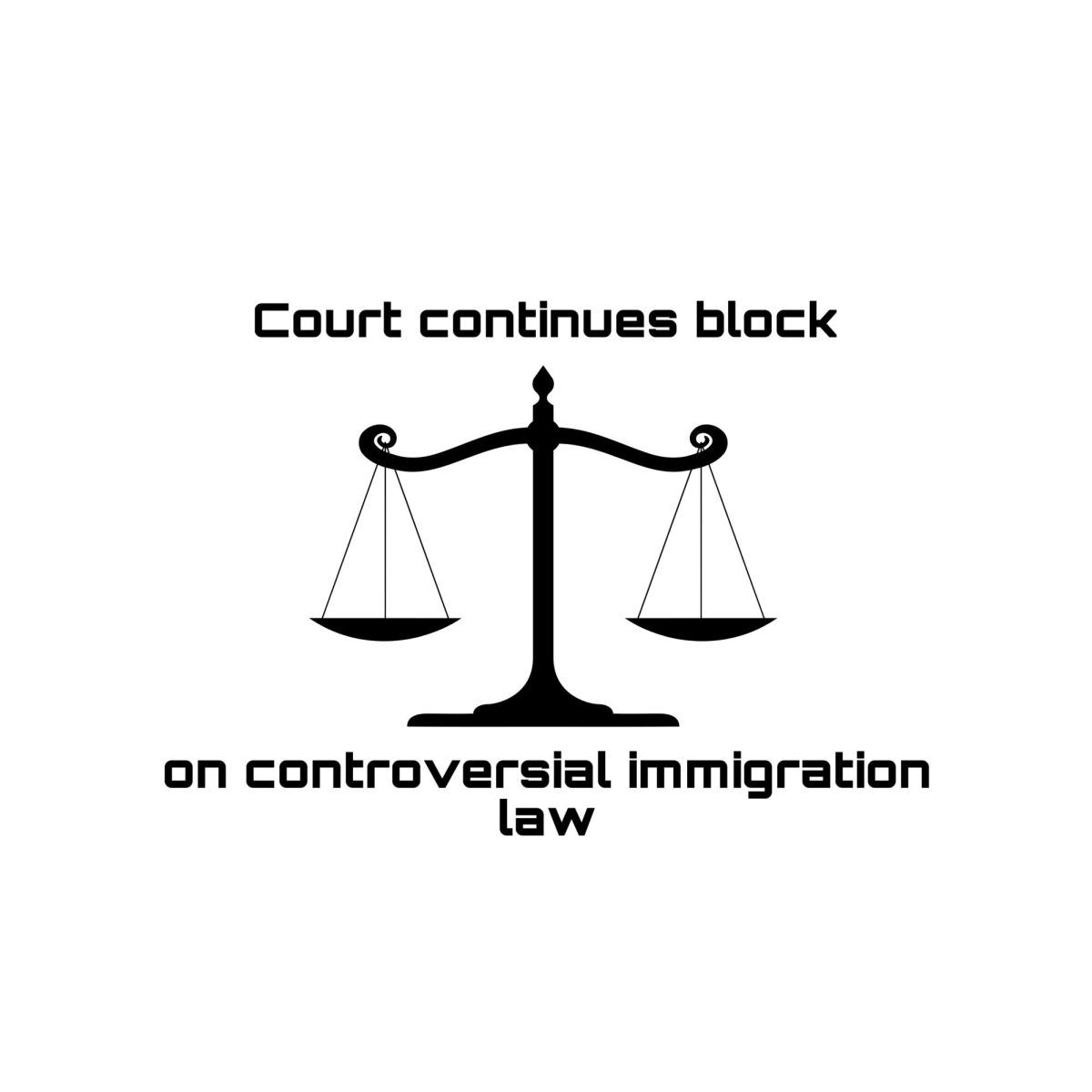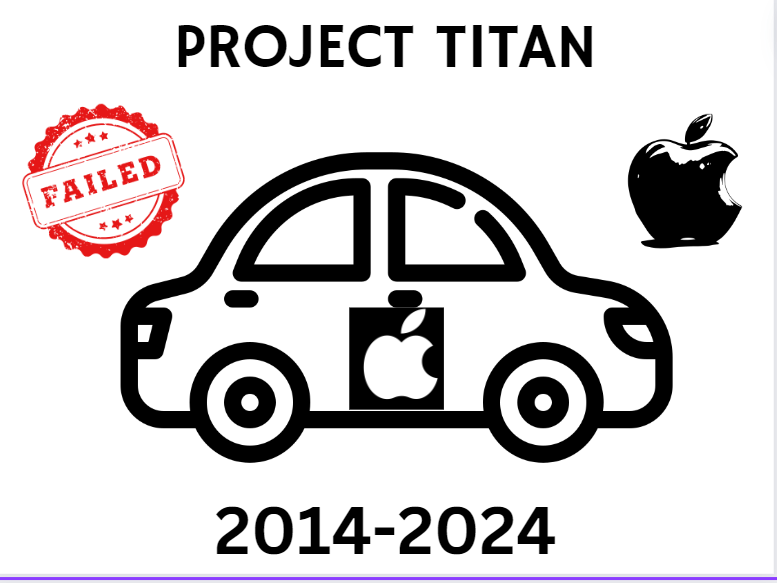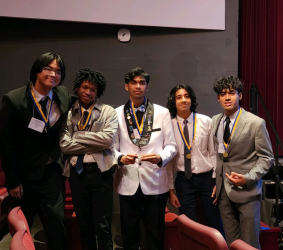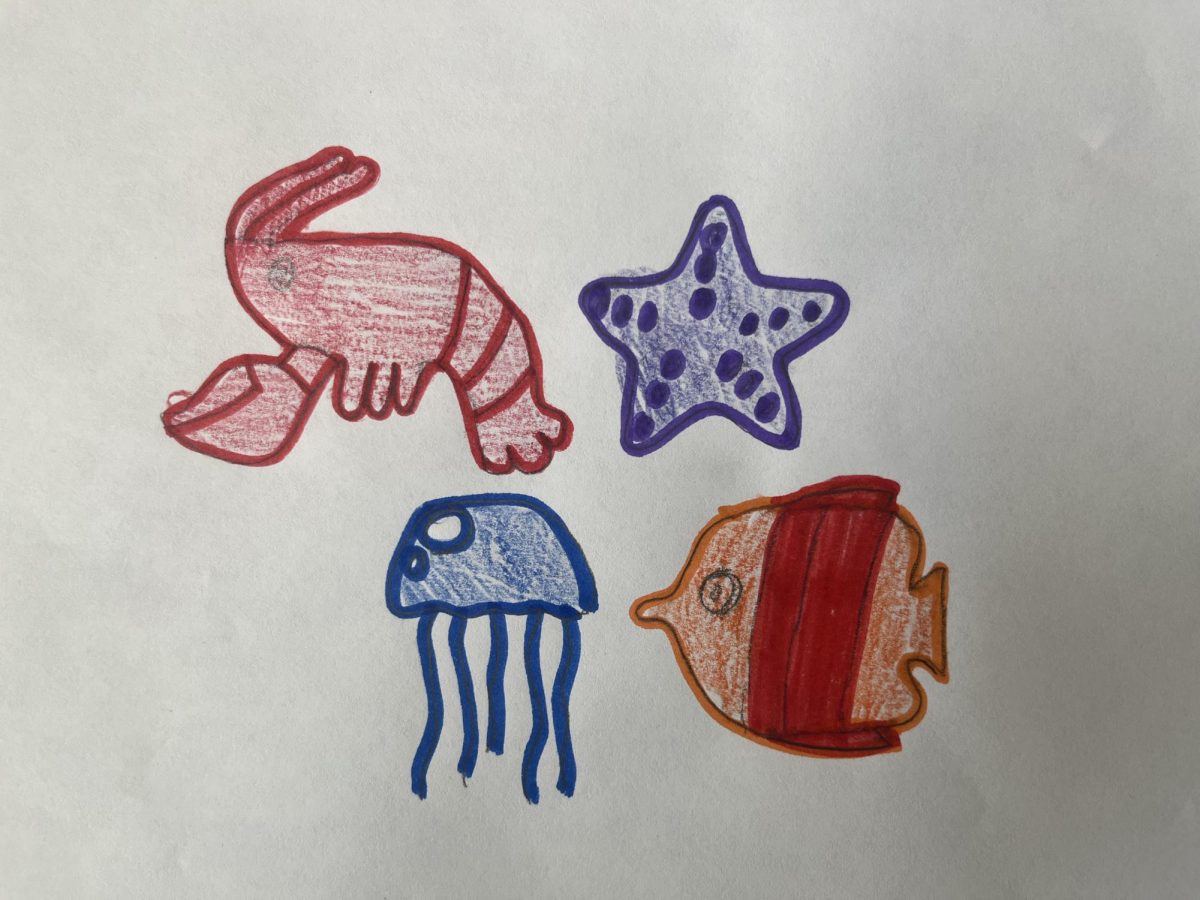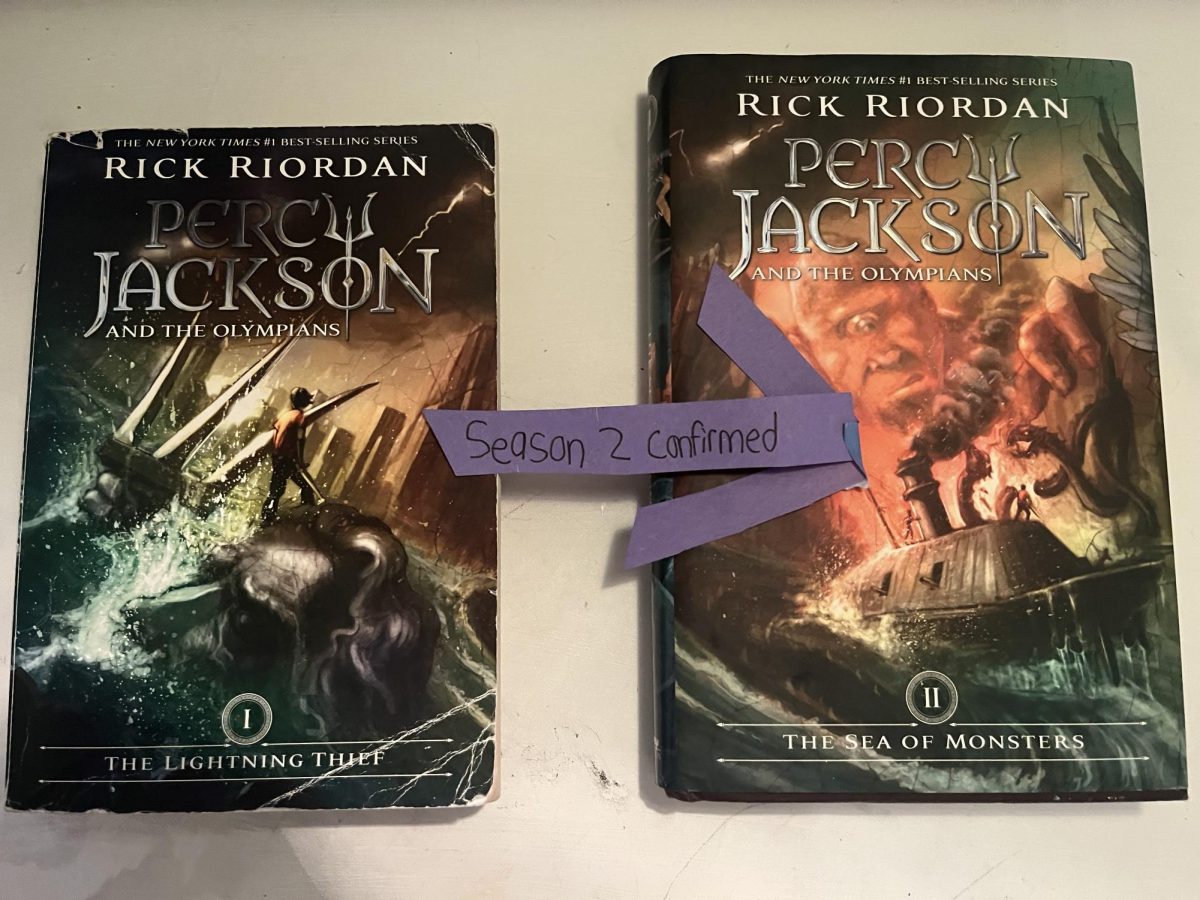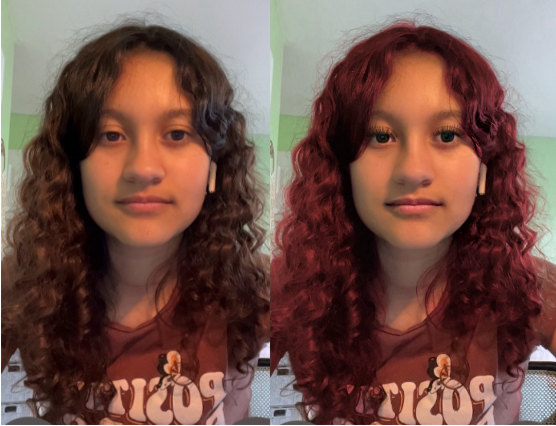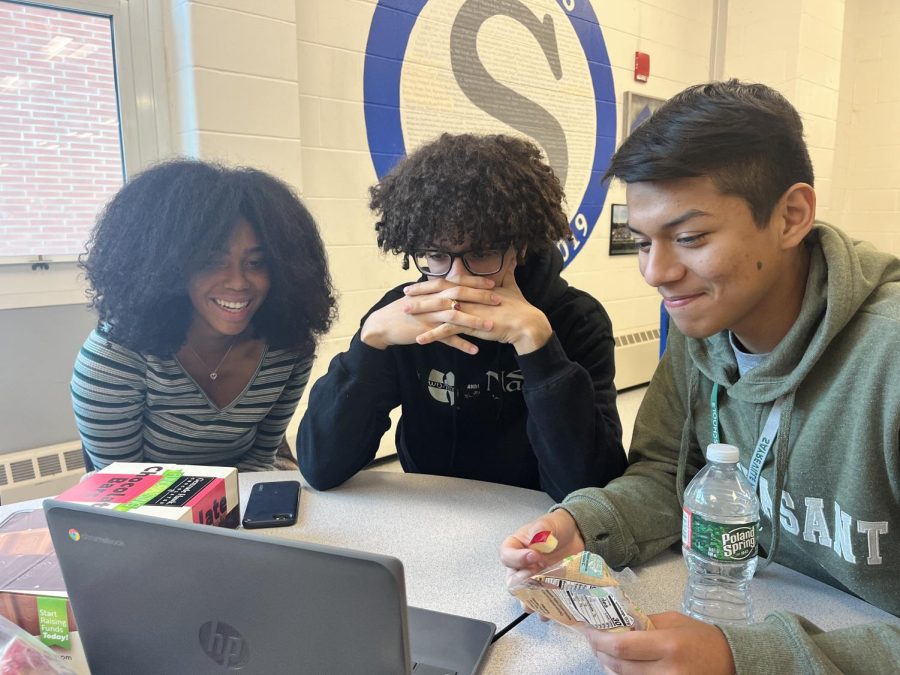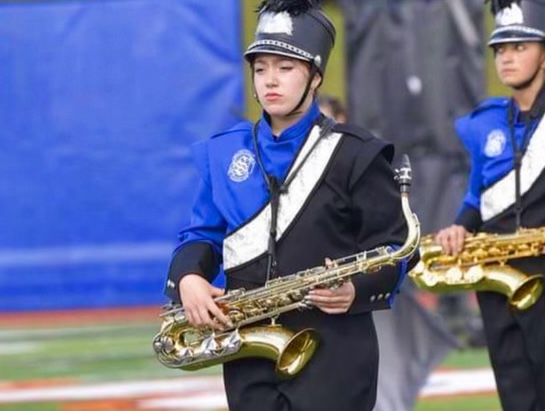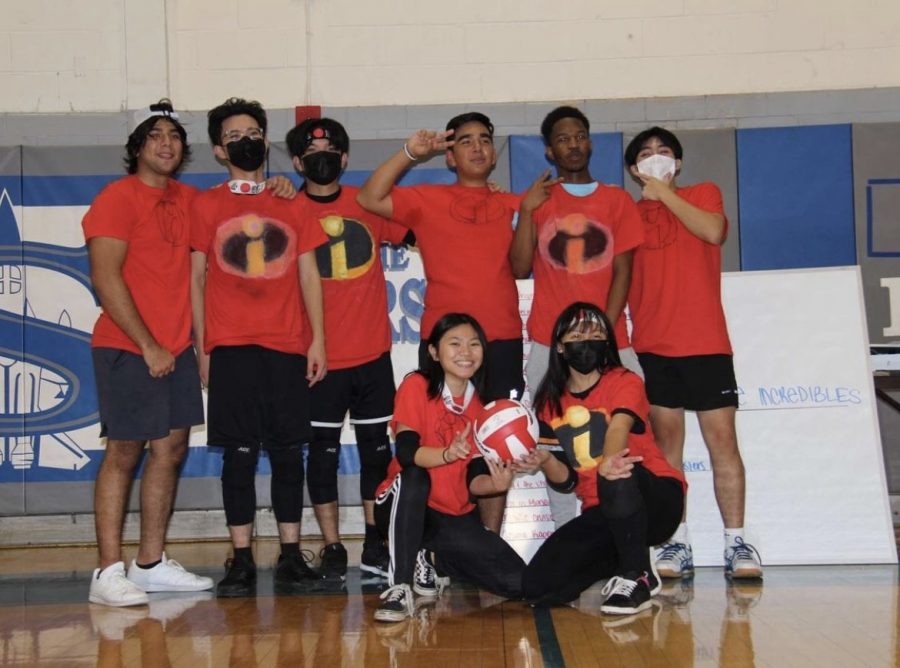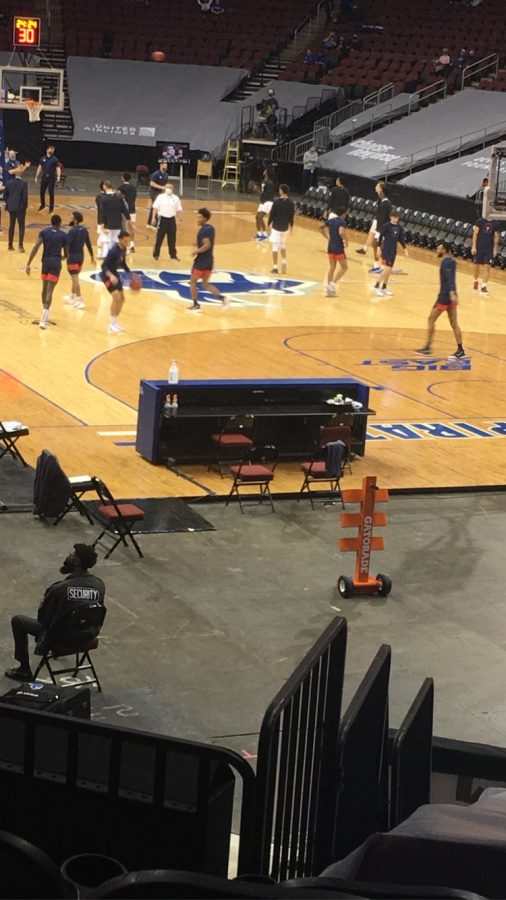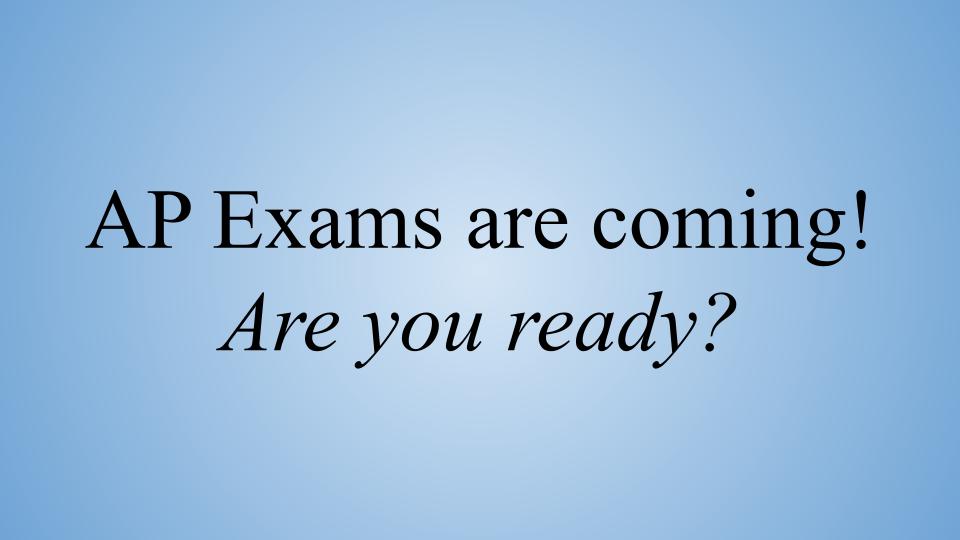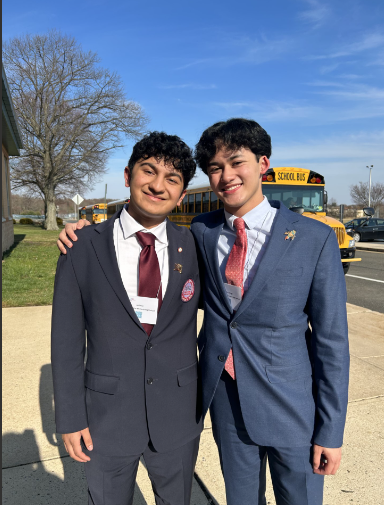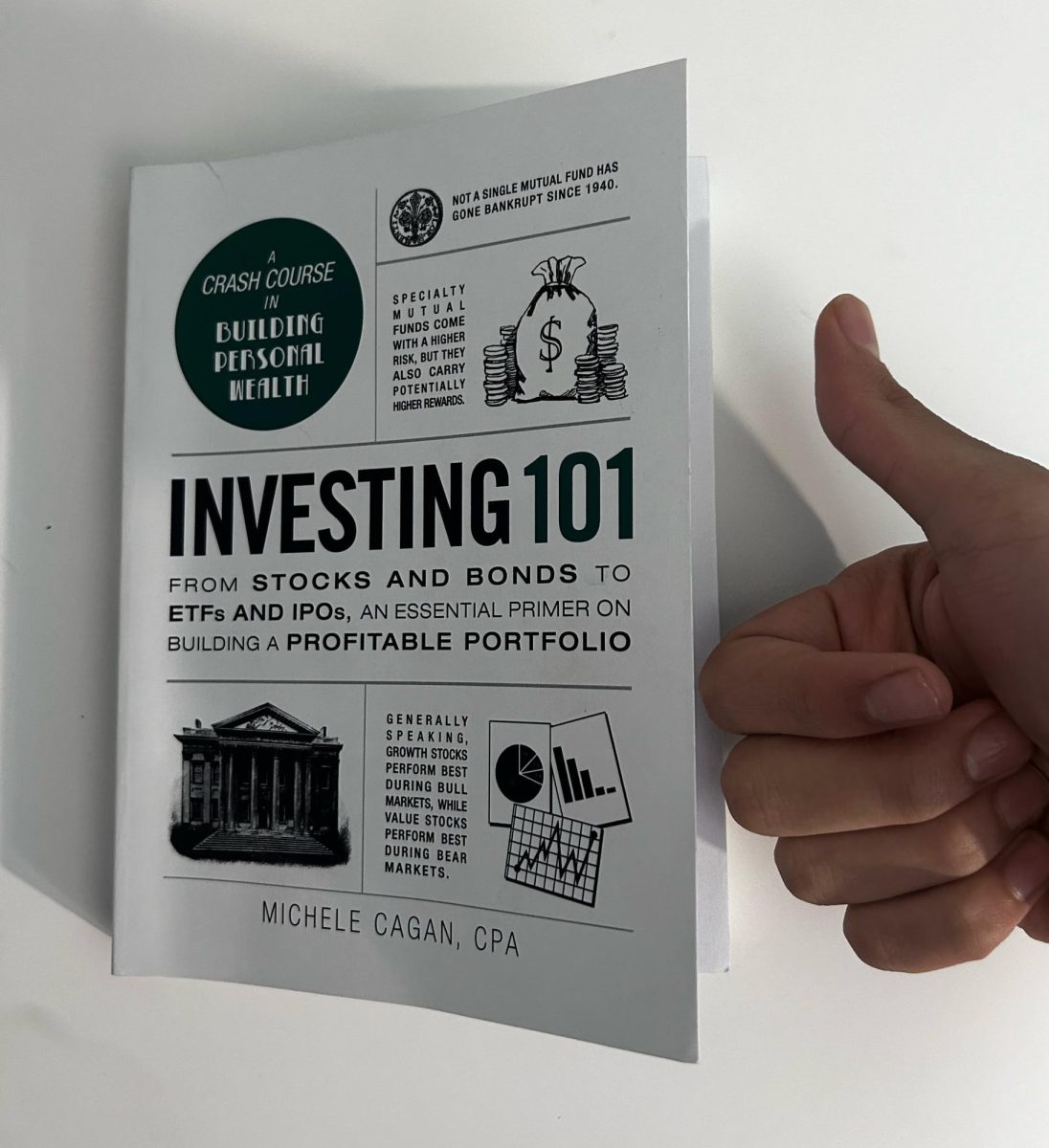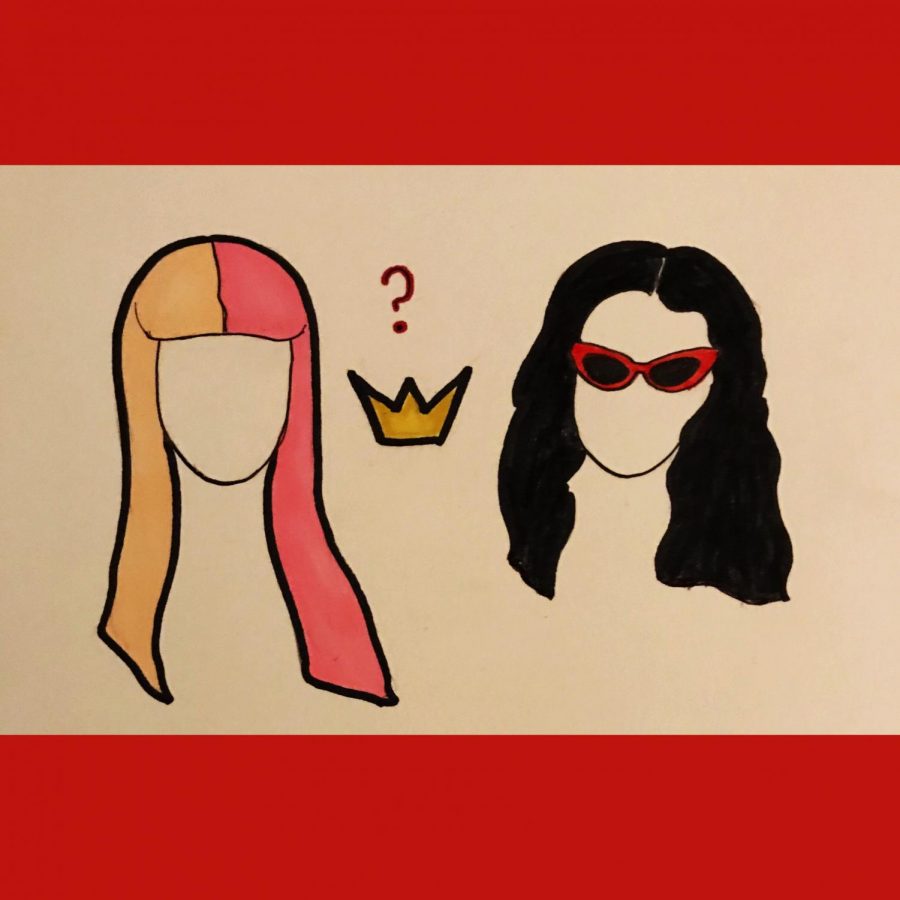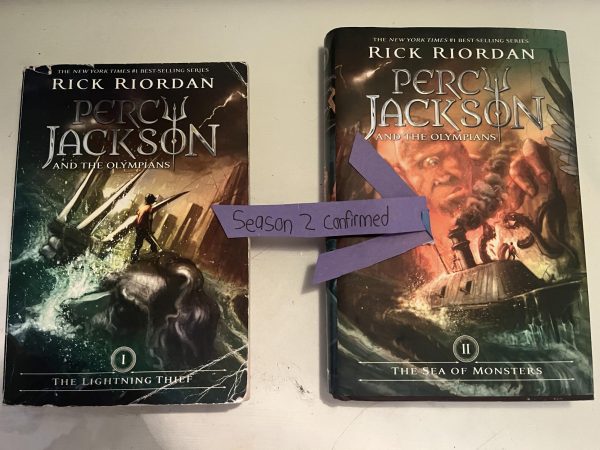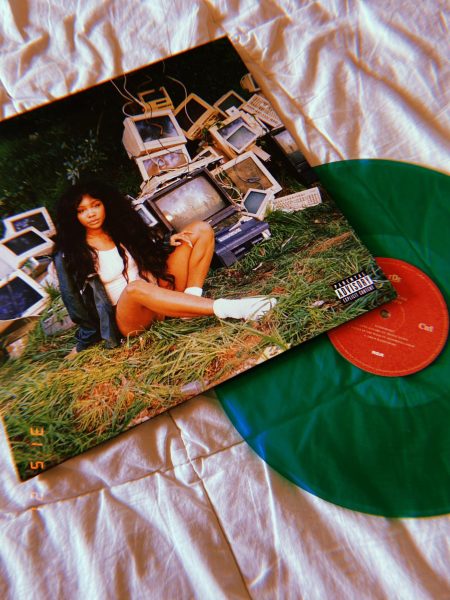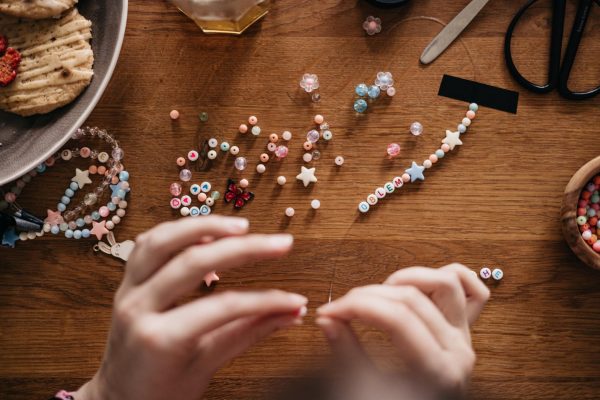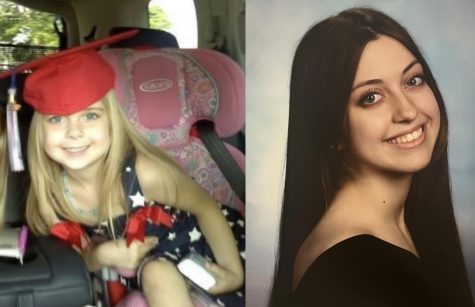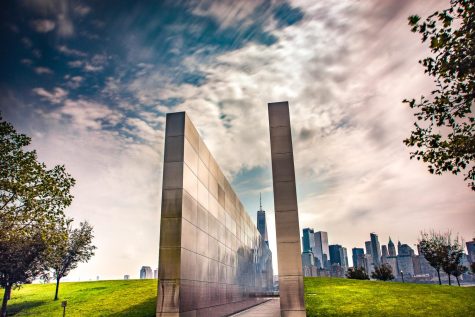Cardi B and Nicki Minaj: a tragic tale of the unwelcoming patriarchy of rap
The reality of the matter is that two female rappers CANNOT be successful in the rap industry. Not at the same time. That’s what has always been, unfortunately.
January 4, 2019
A year-long tension between the two female rappers eventually culminated into an all-out brawl in September of 2018, marked with the slinging of beverages, voiced frustrations, and a high-heeled shoe. Bodyguards intervened and dispelled the ruckus, leaving both Cardi and Nicki with a lasting bitterness, continually aired out on social media until the hype died down.
But what exactly had transpired between the two women, that it had to be addressed violently at a public event?
Following a series of songs wherein each rapper threw shade at unnamed targets (which many believed to be each other), Nicki and Cardi B both collaborated on “Motorsport” with the Migos. Subsequent interviews, marked by Nicki’s offense at not being shown genuine appreciation from Cardi despite throwing love her way, had sent their rocky friendship over the edge.
Reading this summary makes it clear just how ridiculous the “beef” between the two artists is. Things could have been easily sorted out through text, Instagram message, or phone call. Losing their cool at a prestigious event sounds a little over dramatic.
In fact, the whole situation is over dramatic.
Ideally, two female rappers getting their own due, coming up in an industry so plagued with male artists (and, often, mediocrity) should be something celebrated, especially in the new age of inter-sectional feminism.
However, the reality of the matter is that two female rappers CANNOT be successful in the rap industry. Not at the same time. That’s they way it has always been, unfortunately.
While Nicki and Cardi B have their own faults (and should be held duly accountable for them), the pitting of both artists against each other, fueled by the media and respective fanbase loyalties, should not be as prominent in media as it is today.
Male rappers like 6ix9ine, a convicted racketeer indicted with charges of illegal misconduct with a female minor, and Kodak Black, also indicted with criminal sexual conduct and arrested for the possession of drugs and weapons, are much less often exposed to that same harsh treatment. Their stories are covered throughout the news, but fans (and some of the general public) still show an outpouring of support for them, as shown by the popular hashtag “#FreeKodak.”
They are exalted by supporters and fellow rappers, seemingly immune to (deserved) backlash, thanks to the reinforcement from fans. The negativity towards them is drowned out by the blind worship.
Nicki Minaj and Cardi B have, unfortunately, expressed rather positive sentiments towards these two specific rappers (Nicki endorsing and openly promoting with 6ix9ine, and Cardi also endorsing Kodak by claiming him the inspiration for her break-out hit “Bodak Yellow”), and deserve their share of push-back as a result.
However, it seems like the powerful throngs of “woke” social media consumers are very quick to vilify either woman, much more so than they are to put down these seemingly ever-present criminals and wrongdoers.
But whatever, as long as it gets bloggers, media websites, and Instagram/Twitter activists “clout,” right?
